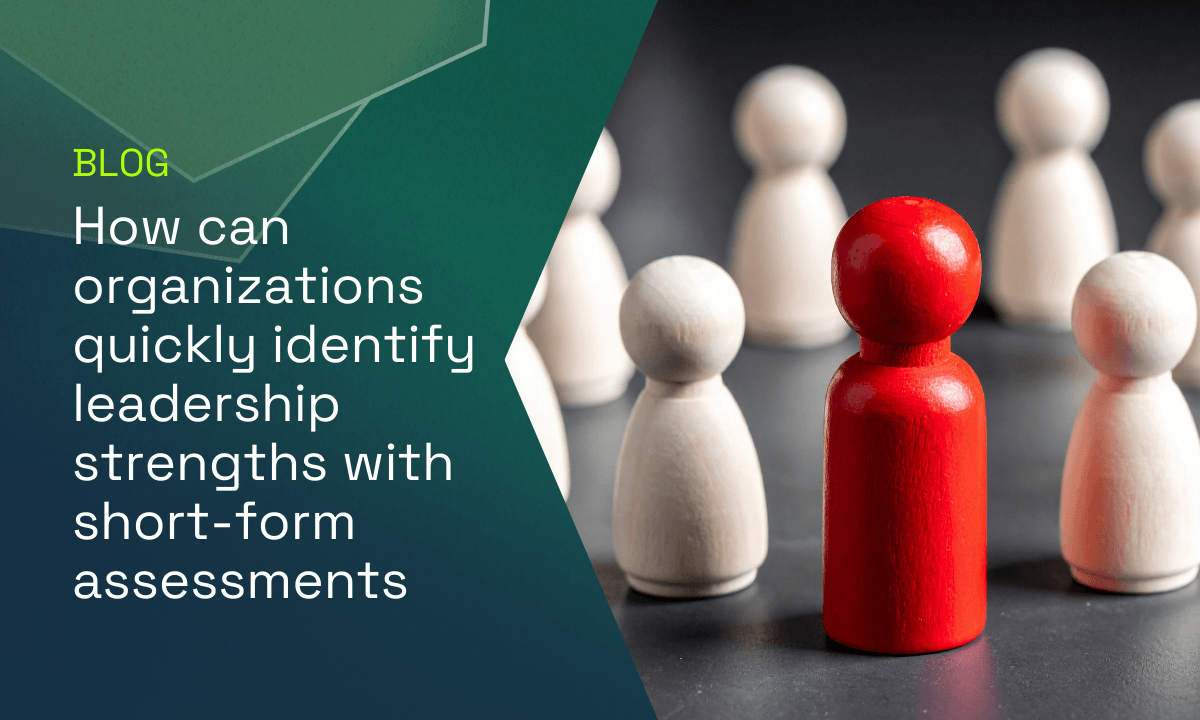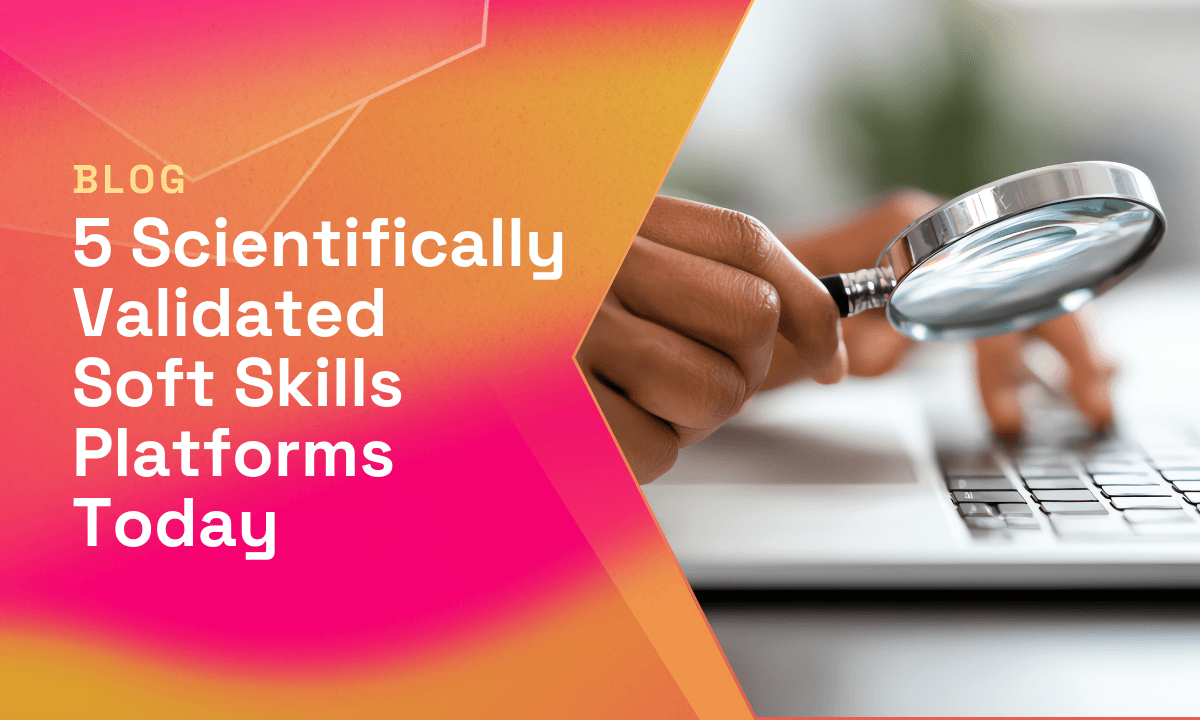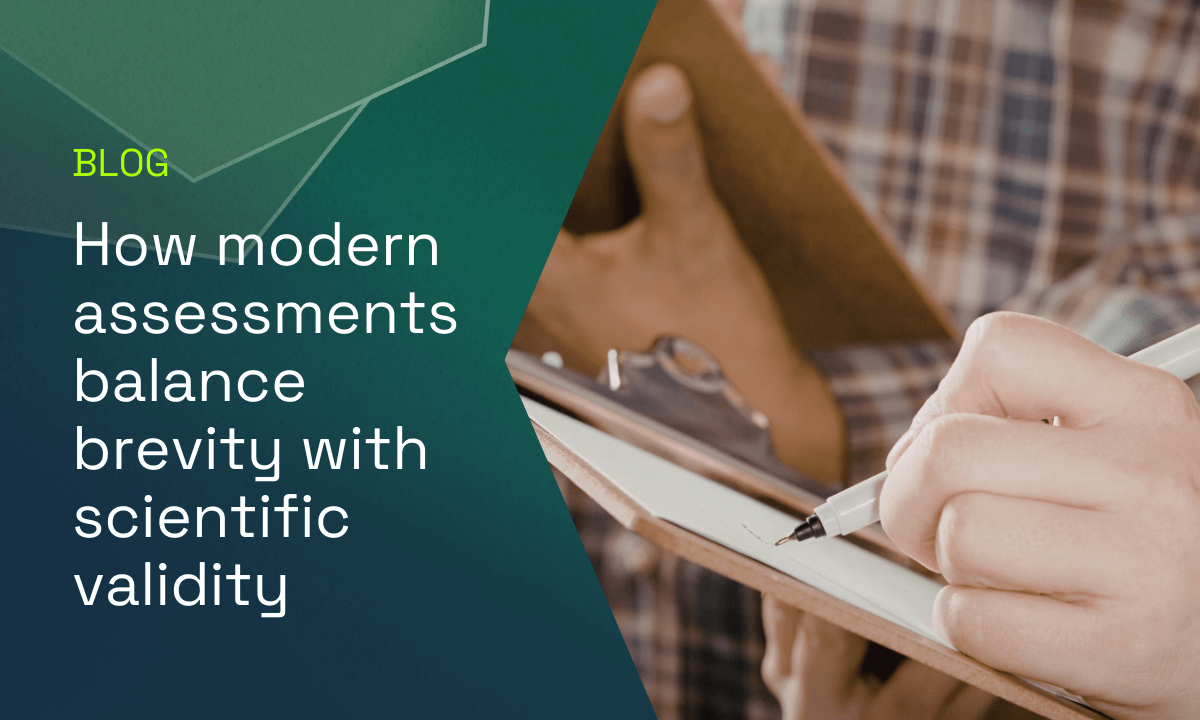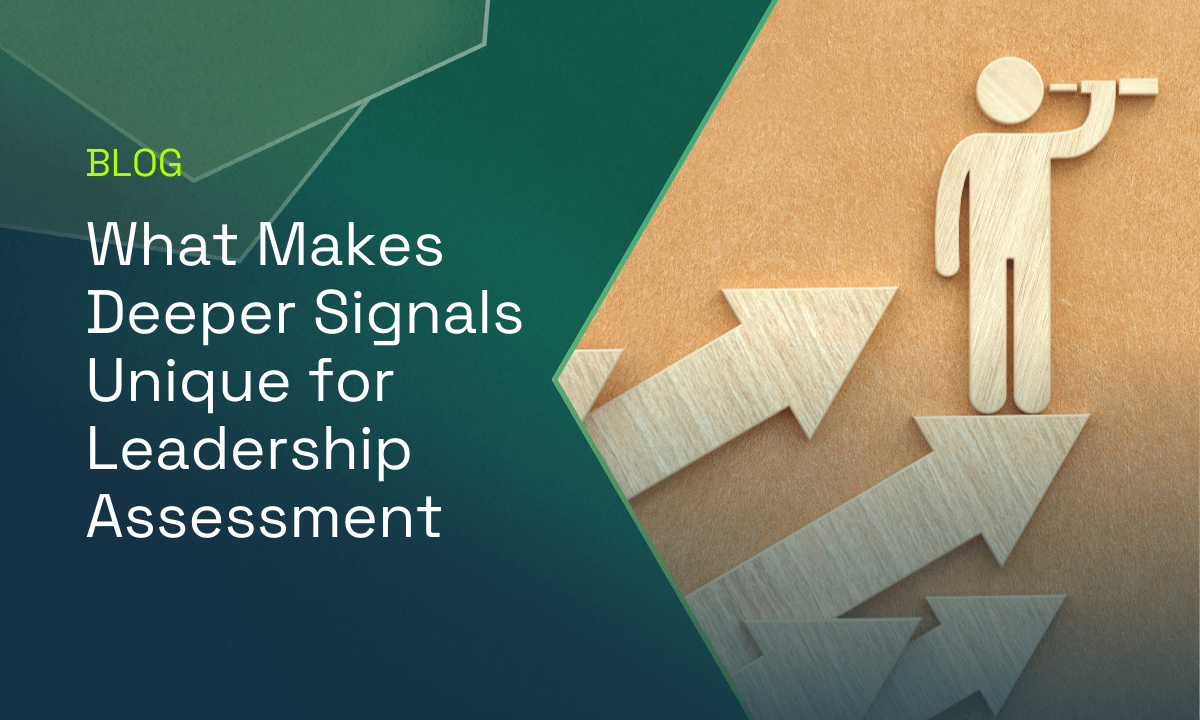Self-awareness is a catalyst for organizational change
It is an understatement to say that 2020 has brought about an unprecedented level of change. As organizations strive to adapt to virtual working, changing market demands, and aim to build more authentically inclusive environments, leaders are left figuring how to steer their organization and ensure it can continue to grow. Given that 70% of change initiatives fail, leaders need to take a different approach. One that requires us all to become more self-aware.
Research suggests 90% of people lack self-awareness, suggesting that only 10% of people understand how they would respond to change. The vast majority react with resistance or defense mechanisms that preserve the status quo. However, for change initiatives to be successful, it is critical to have support from a large majority of the organization. Providing leaders with insight into which individuals are better equipped to manage change, versus those individuals who will struggle, will enable leaders to identify where to target change efforts and where to provide supportive resources. If organizations want to improve the effectiveness of their change initiatives, they need to start leveraging data-driven tools that provide change managers with accurate behavioral data about their talent and raise their workforce’s level of self-awareness so that they are best prepared for change.
When change managers can help people understand their natural tendencies to either embrace or resist change, individuals are empowered to self-monitor, become more aware of their cognitive dispositions, better manage their stress and ultimately show up differently at work. Rather than using a one-size-fits-all approach to change, it’s imperative that change managers utilize tools that provide insight into the way different people, regions, and functions will process and react to change, and to plan accordingly. Fortunately, A.I. and other tech-enabled solutions now make it possible to put a “digital coach” into every employee’s pocket, providing personalized learning experiences and automated nudges tailored to support and reinforce desired behavior change. This self-awareness empowers individuals and leaders to better work together in driving change.
Moreover, organizational change is no longer a one-time affair. Remaining nimble, adopting agile working practices, and evolving to adapt to rapidly changing conditions is critical to an organization’s ability to survive. Organizations and leaders are therefore challenged to implement change initiatives on short notice, without weeks or months to prepare. Having the tools in place that can provide feedback on the cognitive dispositions of the workforce can therefore be critical to planning and implementing change initiatives. Fortunately, innovative technology can be used to support, monitor and sustain change initiatives over time. Taking advantage of A.I, this process can be automated — drastically alleviating the effort required to implement change. The best technology solutions offer individuals with continuous support and actionable resources to keep them on track for achieving behavioral change
While change is hard, never before have we been better equipped to tackle it head on.




























